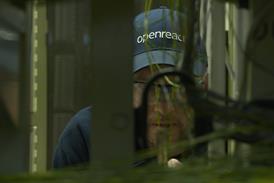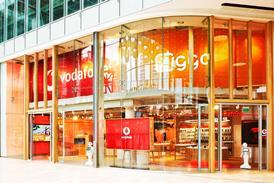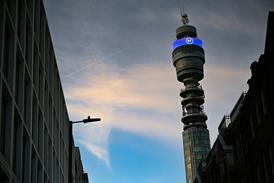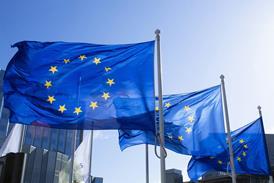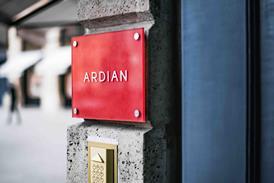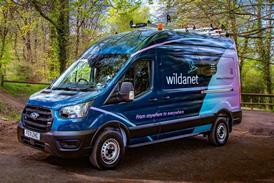- Telcos
- Network & IT
- Infra
- People
- Finance & Strategy
- Events
- Regions
- Thought Leadership
 Boldyn’s marathon man: Brendan O’Reilly on building ‘win‑win’ shared networks for the UK
Boldyn’s marathon man: Brendan O’Reilly on building ‘win‑win’ shared networks for the UK Fix telco CPQ to accelerate B2B expansion
Fix telco CPQ to accelerate B2B expansion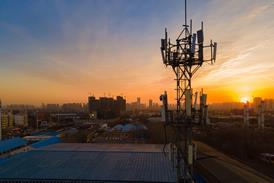 AI, edge and colo: Nokia’s Neutral Host Index redraws telecom’s $200bn shared-infra map
AI, edge and colo: Nokia’s Neutral Host Index redraws telecom’s $200bn shared-infra map Moving fast to fix things: how AI-driven network assurance is reshaping global telecoms
Moving fast to fix things: how AI-driven network assurance is reshaping global telecoms
- Premium
- TelcoX EMEA Leadership & Performance Study
Close menu
- Home
- Telcos
- Network & IT
- Infra
- People
- Finance & Strategy
- Events
- Regions
- Thought Leadership
- Premium
- TelcoX EMEA Leadership & Performance Study
BEE revamp further erodes Group’s Vodacom holding
Vodafonewatch2022-11-03T16:56:00

Overhaul of Vodacom’s BEE ownership arrangements dilutes Vodafone’s stake to 60.5%.
This is TelcoTitans Professional Subscription content. Subscribe now.
Already a subscriber? Sign in here, or contact us to check if your company has access.
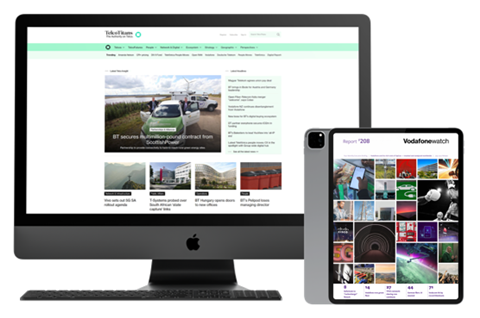
Become a TelcoTitans Professional Subscriber
Read this article and get full access to all TelcoTitans premium telco and digital infra content by subscribing today.
TelcoTitans Professional subscriptions include:
- Full access to all TelcoTitans online news, insight and analysis, including Professional-only and deep-dive content on leading tier-1 telcos
- Professional-only premium weekly CSP briefings and newsletters
- Industry-leading insight and analysis that you simply cannot get anywhere else
“Super intelligence, consistently high quality, compact and easy to digest” – Deloitte.










